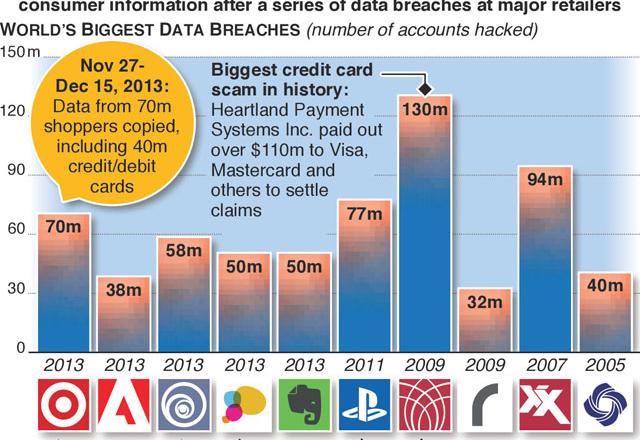AMMAN — The ICT Association of Jordan (int@j) on Monday said local universities need to train IT students on cyber security skills, as a Cisco Systems report indicated that hackers worldwide are cashing in on the shortage of skilled cyber security staff.
"Universities in Jordan do not even provide IT students with an option to study subjects related to cyber security," int@j CEO Abed Shamlawi told The Jordan Times.
"IT students in Jordan graduate with a general knowledge of IT and lack skills to combat cyber crime," Shamlawi said.
"There is a huge shortage at present in the number of professionals with the skills needed to maintain cyber security. This problem is not only limited to Jordan; the situation is the same in the Gulf and the rest of the world," Shamlawi added.
Currently, at least one million more skilled security employees are required globally to enable organisations and countries to fend off cyber criminals, according to the Cisco 2014 Annual Security Report, posted on the multinational corporation's website this week.
The report said overall vulnerabilities and security threats have reached their highest levels since 2000, and that a serious skills shortage is not making matters better.
The sophistication of the technology and tactics used by online criminals — and their non-stop attempts to breach networks and steal data — have "outpaced the ability of IT and security professionals to address these threats", Cisco said.
"Jordan is part of the world and we are also subject to cyber attacks. The risk of falling victim to cyber crimes is growing, as such attacks target not only individuals but also organisations," Shamlawi said.
"It will be easier for IT students to find jobs if they have skills in cyber security as this specialty is needed everywhere in the world," he added.
In its report, Cisco said "unprecedented growth" is expected this year for advanced malicious attacks.
About 99 per cent of all mobile malware in 2013 targeted devices running the Android operating system, according to Cisco.
Trojans — malicious programmes which perform actions that are not authorised by the user, such as data deletion — constituted 69 per cent of malware in 2013, while adware made up 20 per cent. Adware is software that automatically displays or downloads advertising material such as banners or pop-ups when a user is online and usually downloads suspicious programmes to gather information.
Cyber threats
- Threat alerts grew 14% in 2013 compared to 2012
- 99% of all mobile malware in 2013 targeted Android devices
- Android users also have the highest encounter rate (71%) with all forms of web-delivered malware
- Trojans constituted 69% of malware in 2013 and adware 20%
- Malicious exploits are gaining access to web hosting servers, name servers, and data centres
- Buffer errors are a leading threat
- Spam continues its downward trend, although the proportion of maliciously intended spam remains constant
Source: Cisco 2014 Annual Security Report

















